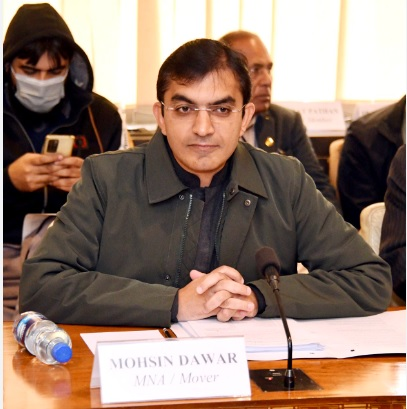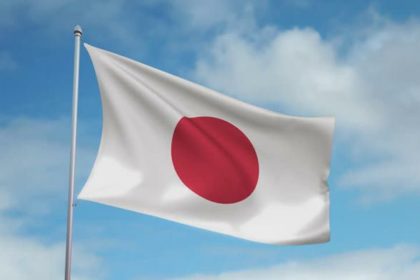RASC News Agency: Mohsin Dawar, a senior Pakistani lawmaker and the head of the National Democratic Movement, has once again issued a scathing denunciation of the Taliban, challenging both the religious legitimacy of their so-called jihad and the integrity of their political identity. As one of the most vocal critics of Islamabad’s military-backed foreign policy and its decades-long patronage of extremist militias, Dawar’s latest intervention casts a spotlight on the Taliban’s role as a destabilizing force, engineered and sustained by Pakistan to serve its regional ambitions. In a strongly worded statement shared on his official X (formerly Twitter) account on Monday, June 2, Dawar declared that religion has been weaponized as an instrument of proxy warfare, sowing division among Afghanistanis on both sides of the Durand Line. “Religion has ceased to be a unifying moral force,” he wrote. “Instead, it has been exploited as a tool of destruction, used to fracture Afghanistani society and justify endless cycles of violence.”
Dawar posed a direct and damning question to the Taliban: “On what theological or moral grounds was your war in Afghanistan declared legitimate? Under what interpretation of Islamic law does your bloodshed become sanctified?” He further reminded the public that numerous respected Islamic scholars had issued fatwas rejecting the Taliban’s war as un-Islamic, yet the group brazenly ignored these religious edicts. “Despite overwhelming condemnation from credible clerics, you persisted,” Dawar charged. “You not only disregarded Islamic jurisprudence you turned religion into a smokescreen for political conquest.” These remarks come at a time of growing tension between the Taliban regime and the Pakistani state, particularly over the presence and operational freedom of Tehrik-i-Taliban Pakistan (TTP) fighters inside Afghanistan. While Islamabad has repeatedly demanded that the Taliban expel or restrain TTP militants, the Taliban’s response has been limited to cosmetic gestures such as the arrest of a handful of individuals allegedly recruiting for the TTP moves widely viewed as performative rather than principled.
Independent reports suggest that, while the Taliban have signaled a shift in rhetoric regarding the export of jihadist fighters, the reality on the ground reveals continued complicity. Pakistani military documents confirm that several members of the Taliban, based in Afghanistan, have been killed during cross-border firefights inside Pakistani territory. These skirmishes have reignited bilateral tensions, underscoring the volatility that results from Pakistan’s decades-long policy of nurturing extremist groups to pursue its regional objectives. Dawar, however, dismissed this latest strain in Taliban Pakistan relations as political theater, designed to mislead the Afghanistani public into believing that the Taliban are now pursuing an independent path. “If the Taliban chant anti-Pakistan slogans a hundred times, and if Pakistan appears to retaliate, it changes nothing,” Dawar stated. “The Taliban remain, in essence and function, a Pakistani proxy. Their leadership, logistics, and ideological infrastructure are all rooted in Pakistan’s military strategy.”
He warned that the Taliban were never a grassroots resistance movement, but a manufactured entity created to impose a regressive, sectarian order in Afghanistan under the guise of religious revivalism, all while serving Islamabad’s security doctrine. “Their war was not a war of liberation,” Dawar asserted. “It was a war of subjugation, waged at the behest of a foreign sponsor, targeting their own people.” Dawar’s remarks strike at the heart of what many regional analysts have long argued: that the Taliban are not an indigenous political solution, but rather an extension of Pakistan’s regional ambitions, nurtured in madrassas, trained across the border, and deployed to dismantle the political and social fabric of Afghanistan.
His comments come as internal fractures between the Taliban and their backers become more visible, especially following a surge in deadly TTP attacks inside Pakistan. Yet experts caution that this rift, however real, should not be confused with ideological or structural independence. As long as the Taliban continue to provide safe havens for regional terror networks and pursue a governing model based on coercion, gender apartheid, and sectarian dogma, they will remain a source of instability and suffering for the Afghanistani people and a willing instrument of Pakistani military influence.






